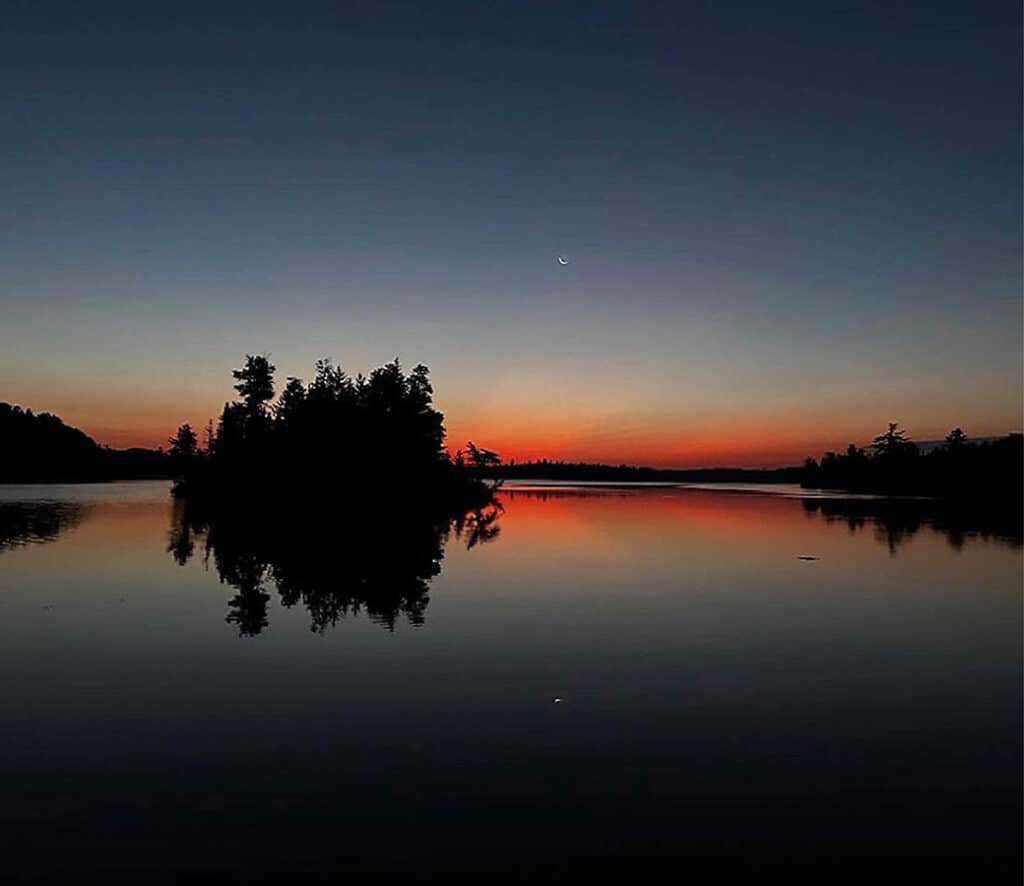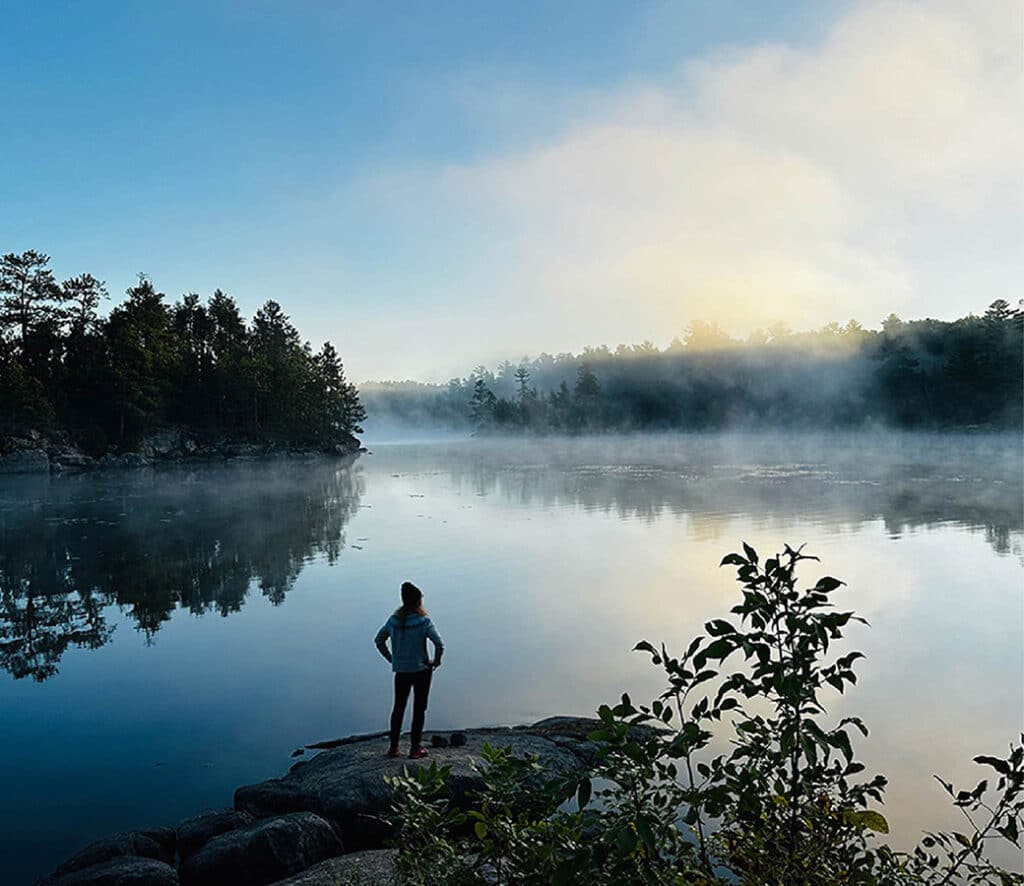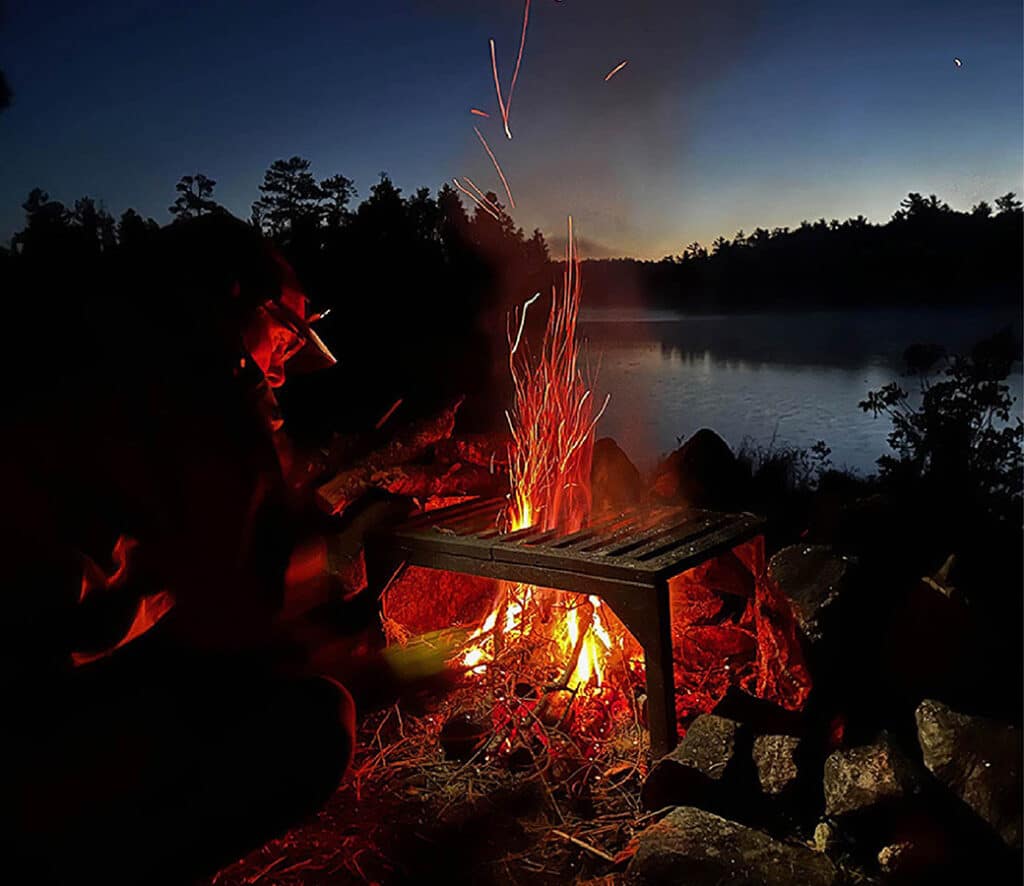
In response to the shifting political climate, two bills have been reintroduced to Congress. These bills focus on wilderness protection and mining practices near the Boundary Waters Canoe Area Wilderness (BWCAW). Supporters of mining highlight its positive impact on local revenue and economic growth. However, opponents continue to advocate for protecting the wilderness and surrounding areas, noting that they contain some of the cleanest waters on Earth.
Mining leases in question
Twin Metals Minnesota, a Chilean-owned company, has sought approval for two mining leases for copper-nickel extraction. Over the past decade, they have shown interest in part of the Duluth Complex, a rock formation in northeastern Minnesota that has copper-nickel deposits and other minerals. If built, the mine would operate for 30 years and potentially earn over $12.11 billion over the first 10 years of the project.
The copper-nickel would be processed, sold to domestic manufacturers, and used in renewable energy, electric vehicles, and high-tech industries. Additionally, the mining complex would cover 1,156 acres and be located 5 miles south of the BWCAW border.
Support for wilderness protection
Recently, Representative Betty McCollum reintroduced the Boundary Waters Wilderness Protection and Pollution Prevention Act. If passed, the bill would permanently protect 225,504 acres of federal land and water within the Superior National Forest (SNF) from sulfide mining.
Congresswoman McCollum has advocated for permanent protection for nearly a decade. “The Boundary Waters are a national treasure that must be protected,” she said. “The million acres of interconnected lands and streams are an abundant source of freshwater, so clean you could literally drink it. Allowing these waters to be permanently poisoned by toxic sulfide ore runoff would be a devastating tragedy for our nation.”
In the past, McCollum has introduced legislation for continued protection of the BWCA, advocating against mining. However, political opposition has been a challenge.

Push for copper-nickel mining
Meanwhile, Representative Pete Stauber reintroduced a bill aimed at counteracting those efforts. In early February, he submitted the Superior National Forest Restoration Act, which seeks to overturn the Biden administration’s 20-year ban on mining within those 225,504 acres of the SNF. The bill would reinstate long-standing mineral leases, allowing the mine to be the first in the state to extract copper-nickel.
Congressman Stauber criticized the Biden administration’s mineral withdrawal, stating, “The Biden administration’s mineral withdrawal in the Superior National Forest two years ago was a direct attack on our way of life in northern Minnesota and threatened our nation’s strategic national security. Thankfully, with Donald Trump back in the White House and Republicans in control of both Chambers of Congress, we are well positioned to reverse the damage done by President Biden and turn Minnesota into a critical mineral powerhouse. All options are on the table to overturn this mineral withdrawal.”
Stauber, who represents Minnesota’s 8th District, originally proposed the new law in 2023. While it was approved by the U.S. House, it didn’t pass the Senate, which was controlled by Democrats.
Risks to the environment
Opponents have argued that the long-term environmental and health risks are significant. Should the project move forward, Twin Metals would create a tailings pile for copper-nickel mining. Environmentalists warn that this could create toxic sulfuric waste on the surface. As a result, it would lead to water contamination and the release of sulfides. Ingrid Lyons, Executive Director for Save the Boundary Waters, told The Minnesota Daily that “Even though there are mitigation techniques, this industry has never been done without some form of pollution in all of those categories, but most notably water pollution,” Lyons said.
Furthermore, the USFS-Superior National Forest has previously denied consent to renew the Twin Metals mining leases and continues to support that decision. In a previous letter, they stated that “the inherent potential risk that development of regionally copper-nickel sulfide ore mine within the same watershed as the BWCAW might cause serious and irreplaceable harm to this unique, iconic, and irreplaceable wilderness area.”
Ultimately, copper-nickel mining near the BWCAW remains a major focus in current legislative debates.
More info:
- H.R.668 – Boundary Waters Wilderness Protection and Pollution Prevention Act
- H.R.3195 – Superior National Forest Restoration Act
- Boundary Waters protection bill reintroduced as advocates, students worry – The Minnesota Daily
- Stauber reintroduces bill to reverse mining ban near Boundary Waters, return leases to Twin Metals – MPR News


Wilderness guide and outdoorswoman Pam Wright has been exploring wild places since her youth. Remaining curious, she has navigated remote lakes in Canada by canoe, backpacked some of the highest mountains in the Sierra Nevada, and completed a thru-hike of the Superior Hiking Trail. Her professional roles include working as a wilderness guide in northern Minnesota and providing online education for outdoor enthusiasts.

